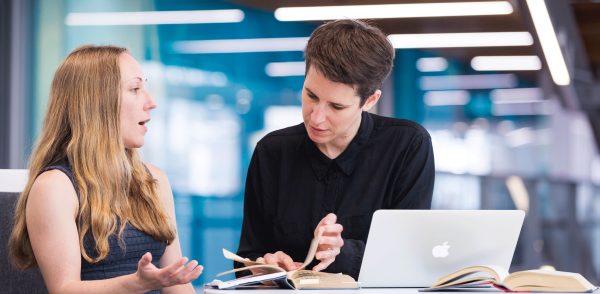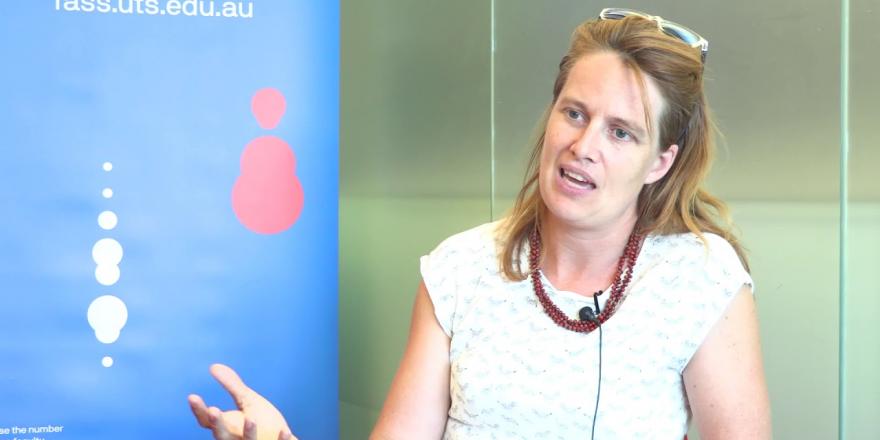-
 About ACPH
About ACPH -
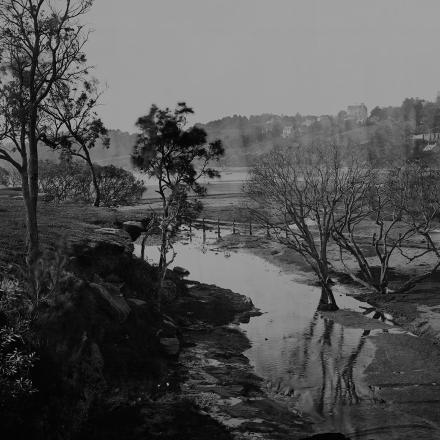
What is public history?
-

History Lab podcast
-
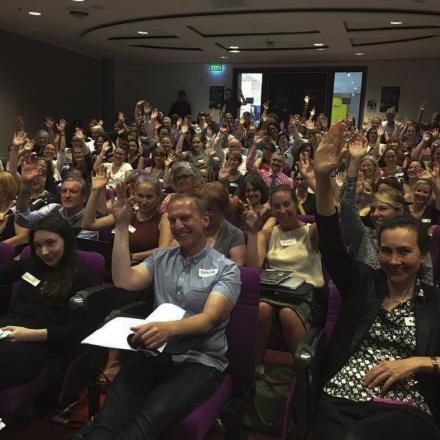
Events and seminars
-
Resources
-
 ACPH History Blog
ACPH History Blog -
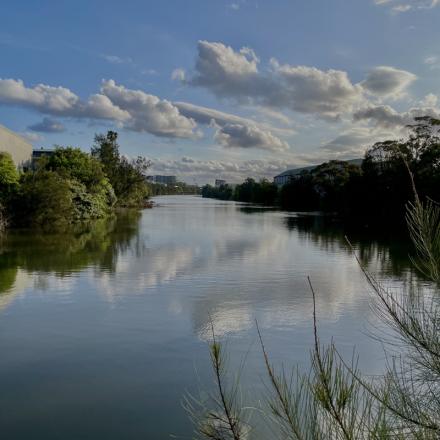
Understanding Place
-

Law and History
-

Histories of Work and Technology
-
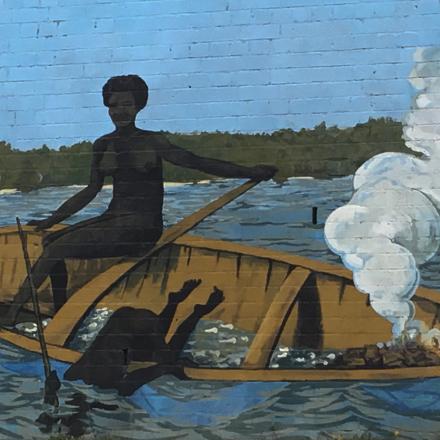
Historical Culture & Creative Histories
-
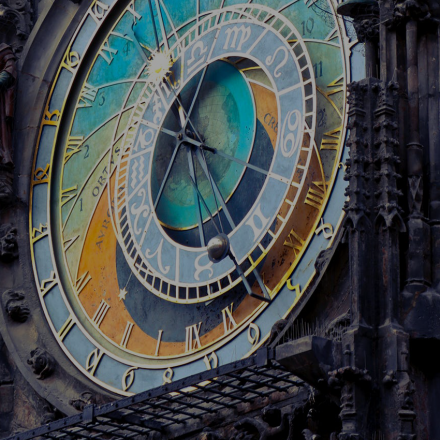
Design + History
-
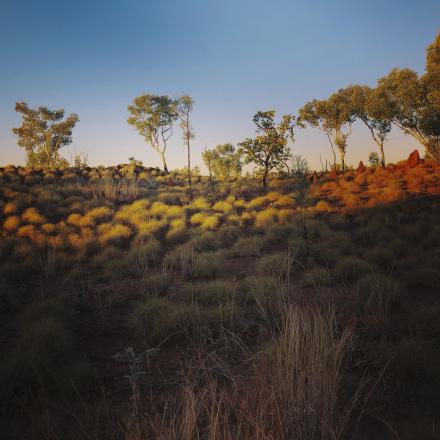
Knowledge and Education
-
ACPH History Bytes
ACPH History Bytes are a short series of video teaching resources produced in collaboration with the NSW History Teachers Association. Explore all the videos on our YouTube playlist.
-
Public History is a tricky, catch all term but it refers to two things. 1) It refers to a practice and 2) it refers to a discipline. So, the practice of public history is history that is produced for public audiences. The histories that we might see in museums, films, fiction, movies, heritage; the sorts of history that happens in the public and is consumed by public audiences. Public history the discipline is the study of that public version of history. So, there are two forms of public history and of course they come together, but broadly speaking that’s what [public history] is about.
Studying public history, you are really looking at the sort of history that reaches out beyond the academy and into the public. What histories move public audiences? Why did people march across the bridge to say sorry to the stolen generations in 2001? Why do people go to Anzac Day ceremonies? Why would they go to a museum? Why do they consume historical fiction? What sort of histories are taught in schools? These are all really important public questions that might not necessarily form the basis of historical study that relates to archives or history text books and so on. Of course, there’s heaps of overlap. It can be a crude division but broadly speaking that’s how the lie of the land is.
I think my interest in public history was really piqued by the ‘History Wars’. I saw that history really mattered. That people were very moved by Australian history and history around the world. Particularly how it was taught in schools and so I became interested in that version of history as it’s produced for public audiences but particularly consumed by public audiences. What do students think when they learn history? What do people think when they’re marching in Anzac Day? What do they think when they are looking in a museum? And it’s those questions of what history means to ordinary people and how the stories we tell our selves at a national level play out in backyards, in kitchens, on the street, that really piqued my interest.
I am working on a cross-over of public history method and historiography. I am doing a research project into the history of Australian history. So, I am looking at the canon of Australian history if you like, the really famous historians who have written about history and they’ve written books and they’ve written text books. But at the same token I am wanting to broaden out that sense of ‘what is history?’ to include some of those everyday conversations about the past that you might see in public history. For example, the novel Secret River by Kate Grenville which is quite a famous Australian novel about first contact in the Hawkesbury River just north of Sydney. Far many more people would have read that novel than an academic history text. So why isn’t that novel part of the Australian history canon? I mean there are all sorts of reasons about the differences between fiction and history that I won’t go into. But I think those are the questions that need to be asked and answered if we are looking at the history of Australian history and broadening out the discipline to include some of that public historical framework.
-

Research Assistant database
-
Interested in studying public history at UTS?
Find out about our postgraduate (MA and Research) and undergraduate public history course options.
Contact us:
Associate Professor Anna Clark
Director, Australian Centre for Public History
public.history@uts.edu.au -
Join our mailing list
Subscribe to receive our weekly newsletter – public history events, updates on our latest projects and upcoming History Central seminars.


